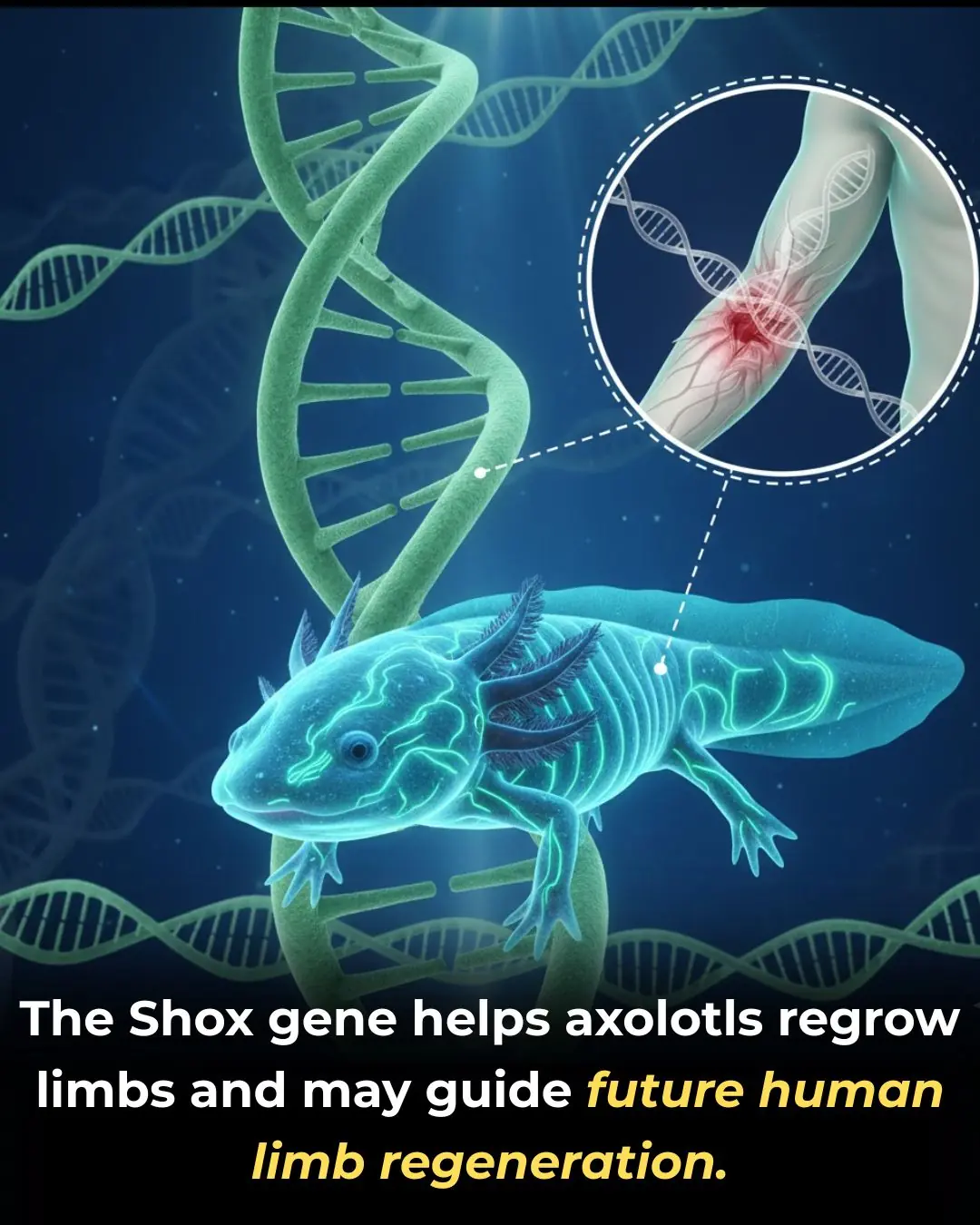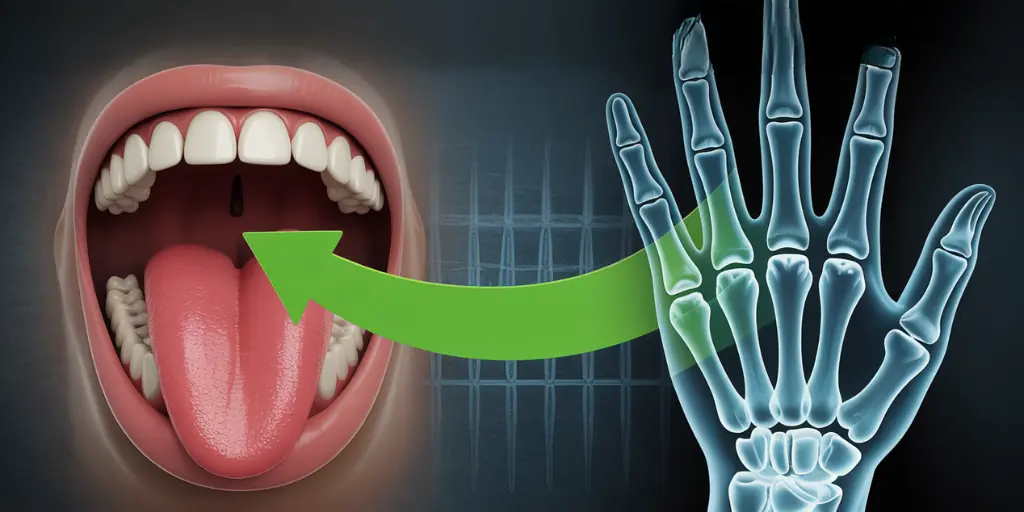
When the Brain Begins to Consume Itself: The Hidden Costs of Chronic Sleep Loss
New research is shedding light on a startling consequence of chronic sleep loss: when the brain is severely deprived of sleep, neurons may begin a self-destructive process that effectively has them “consuming” parts of themselves. Under conditions of prolonged sleep deprivation, brain cells enter a state of cellular stress and trigger a mechanism known as autophagy — a process through which cells break down their own components in order to survive. While autophagy is a normal, beneficial process in moderation, its excessive activation as a result of severe sleep loss appears to carry serious risks for cognitive function and brain structure.
Sleep is far more than a passive rest period: during deep sleep, the brain undertakes essential maintenance tasks. These include clearing out toxins and metabolic waste, strengthening neural connections, and repairing cellular damage. Interrupting or shortening this restorative phase impairs these critical processes, and mounting evidence indicates that this interruption places brain health at serious risk. For example, one review explains how sleep disruption is intimately linked with degeneration of neuronal health and increased accumulation of protein aggregates — changes mediated by altered autophagy and oxidative stress. scientificarchives.com+2life-science-alliance.org+2
In one study using animal models, just five days of sleep fragmentation resulted in dysregulation of autophagy in the hippocampus and striatum — brain regions critical for learning and memory. PMC Another investigation found that loss of REM sleep (rapid eye movement sleep) is associated with elevated autophagy-related markers and neuronal homeostasis disruption. PubMed More recently, a study highlighted that impaired autophagic flux in sleep–wake neurons appears in early stages of neurodegenerative models, and that disrupted sleep may trigger further proteostasis (protein-homeostasis) breakdown in a vicious feedback loop. BioMed Central
What this suggests is that chronic sleep deprivation is not merely a matter of feeling tired or having a foggy brain the next day — it may lead to long-term changes in brain cell physiology, memory consolidation, neural connectivity, and even structural brain degeneration. The metaphor of the brain “eating itself” refers to this heightened autophagy which, though initially protective, may become pathological if sustained over time. Frontiers+1
From a practical perspective, this research underscores the importance of prioritising 7 to 9 hours of good-quality sleep per night (for most adults) not as a luxury but as a foundational requirement for cognitive and neurological health. When sleep is persistently inadequate, the brain’s housekeeping functions are compromised: toxins may accumulate, synapses may be weakened, neural networks may become inefficient, and in worst-case scenarios, neurons may become damaged or lost.
In summary: don’t just aim to “get by” on minimal sleep. Think of sleep as a vital period during which your brain performs essential repair, consolidation and clearance. When this is skipped repeatedly, the consequence isn’t just next-day fatigue — it has the potential to undermine memory, reduce cognitive sharpness, and even accelerate pathways of degeneration. Taking sleep seriously means not only going to bed earlier or sleeping longer, but also practising sleep hygiene (regular schedule, low screen exposure, minimal interruptions) so that you get quality restorative sleep, rather than just time spent in bed.
Selected sources
-
Cheng Y., et al., “Short-Term Sleep Fragmentation Dysregulates Autophagy in a Mouse Model”, PMC, 2021. PMC
-
Deutsch S., “Impact of Sleep on Autophagy and Neurodegenerative Disease”, Scientific Archives, 2022. scientificarchives.com
-
Ortiz-Vega N., “Regulation of proteostasis by sleep through autophagy”, Life Science Alliance, 2024. life-science-alliance.org
-
Chauhan A.K., Mallick B.N., “Association between autophagy and rapid eye movement sleep loss-associated neurodegenerative and patho-physio-behavioral changes”, Sleep Medicine, 2019. PubMed
-
Morrone C.D., Tsang A.A., Yu W.H., “Autophagic impairment in sleep–wake circuitry is linked to sleep loss at the early stages of Alzheimer’s disease”, Molecular Neurodegeneration, 2025. BioMed Central
News in the same category


The Hidden Dangers of Belly Fat: A Warning Sign for Metabolic Health

Breakthrough Discovery of Protective Protein Could Pave the Way for Alzheimer's Prevention

Revolutionary Ultrasound Treatment: A Non-Invasive Breakthrough in Cancer Care

Revolutionary Injectable Gel Promises Non-Surgical Solution for Joint Regeneration

Check out the best tips for using dryer sheets to clean the toilet!

Revealing Hidden HIV: A Major Step Toward Achieving a Functional Cure

The Molecular Blueprint of Regrowth: How Axolotls Regenerate Entire Limbs

If You Have These Two ‘Dimples’ on Your Lower Back

Why are some window bars curved at the bottom

From Self-Marriage to Self-Divorce: Suellen Carey’s Viral Journey of Self-Love

The Hidden Years of Postpartum Recovery: How Motherhood Reshapes the Brain

Unattractive Traits That Can Secretly Ruin a Relationship

Beware Portuguese Man-of-War Found on Beach

Why Your Dog Stares at You …What That Look Really Means

Do You Think Like an FBI Agent

Apple and Issey Miyake Redefine Tech Fashion With the $230 iPhone Pocket

A Simple Black Blade That Saves Birds: The Surprising Wind Turbine Breakthrough
News Post

Scientists Discover The Maximum Age a Human Can Live To

The Amazing Benefits of Using Frozen Cucumber for Gua Sha: A Natural and Effective Skincare Hack

This Collagen Drink Reverses Your Age by 10 Years

5 Ultimate Recipes Using Rice Water to Clear Dark Spots, Fade Blemishes, Erase Wrinkles and Get Gorgeous Skin

This Hair Oil Recipe Will Stop Hair Fall in Just One Use!

How to Make Potato Milk Cubes - The Ultimate DIY Remedy for Spotless Skin

Gram Flour And Fuller’s Earth Everyday Face Wash To Get Clear Skin

2-Minute Natural Black Shampoo for Grey Hair: A DIY Solution for Healthy, Vibrant Locks

How to Made Carrot-Vaseline Anti-Wrinkle Cream At Home: A Natural Remedy for Youthful Skin

DIY Body Whitening Bath Powder - Homemade Recipe for Glowing, and Youthful Skin

All Natural Hair Dye With Garlic Peels - Easy Recipe At Home

3 Recipes of Rice Water for Strong, Shiny, and Fast-Growing Hair

Get Thicker Eyelashes/Eyebrows with Vaseline and Castor Oil Serum in 1 Week

7 powerful vitamins you need for strong, healthy legs

Vein Victory Elixir: Onion-Garlic-Vinegar Rituals to Banish Bulging Blues

4 alarming symptoms of vitamin B12 deficiency you can’t ignore!

Essential Leaves for Eye Health: Nature’s Secret to Sharper Vision

Magnetic Sperm Bots: A Revolutionary Leap in Reproductive Medicine and Targeted Drug Delivery

The Hidden Dangers of Belly Fat: A Warning Sign for Metabolic Health
